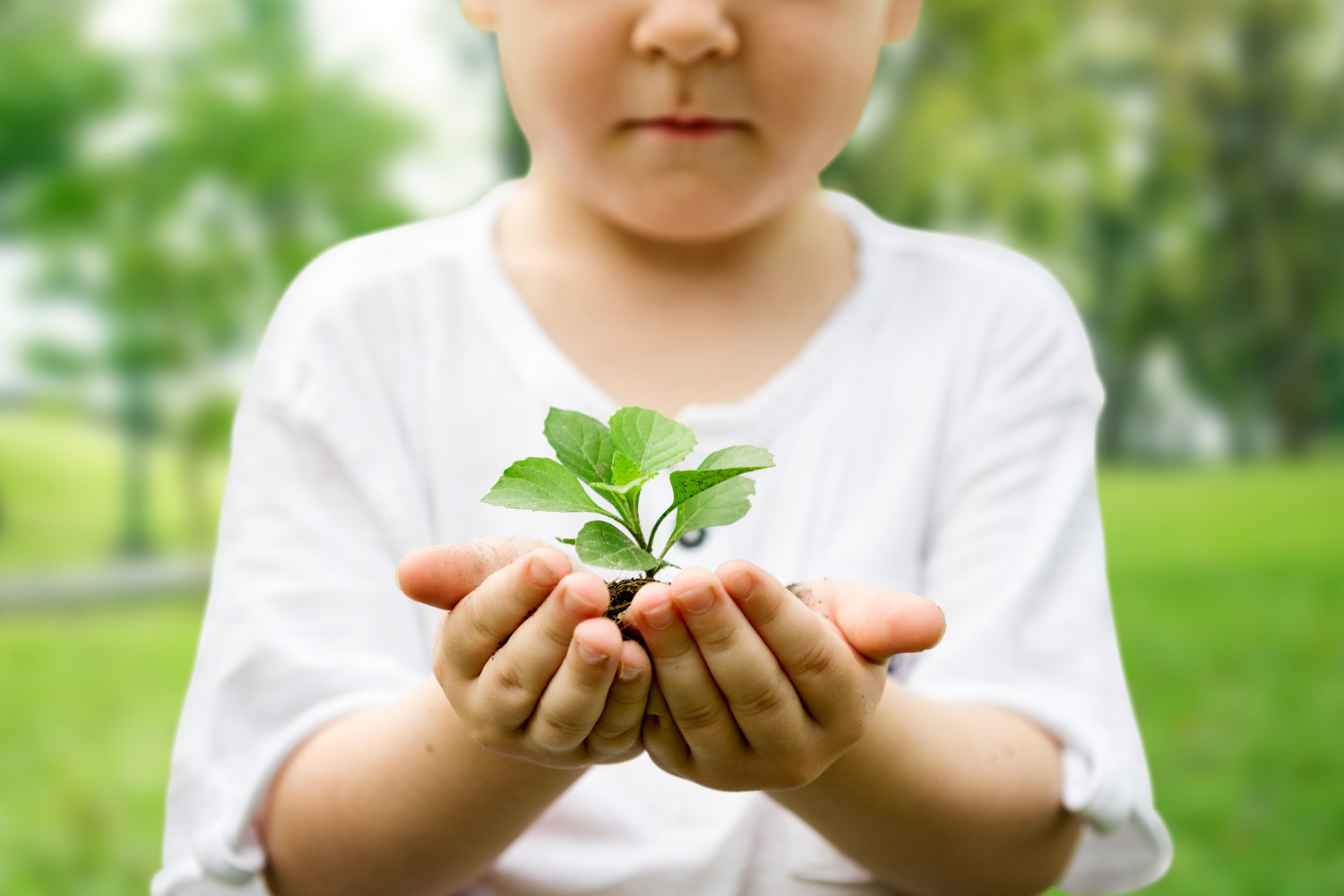Understanding Montessori vs. Traditional Preschools
While traditional preschools are popular, many parents now consider Montessori education as an alternative.
1. Safety-Oriented Classroom Design
In traditional preschools, children explore freely, sometimes without clear boundaries, posing potential safety risks. In contrast, Montessori classrooms prioritize safety, offering child-sized tools and materials carefully chosen to avoid hazards.
2. Individualized Learning Approach
Traditional preschools often follow set curricula, while Montessori education tailors learning to each child’s pace and interests, fostering a love for learning.
3. Social and Emotional Development
Montessori integrates social and emotional skills seamlessly, teaching children respectful interaction, turn-taking, and collaboration through daily activities.
4. Building Community and Belonging
Montessori emphasizes a sense of community, connecting students of different ages and encouraging mentorship and support, fostering inclusivity.
5. Independence and Responsibility
Montessori encourages children to actively engage in learning, promoting problem-solving, critical thinking, and decision-making skills from an early age.
Conclusion
Montessori education offers a holistic approach, emphasizing safety, individualized learning, social-emotional development, community, independence, and responsibility. For more information, visit our website or contact us directly. We’re here to support your parenting journey!
